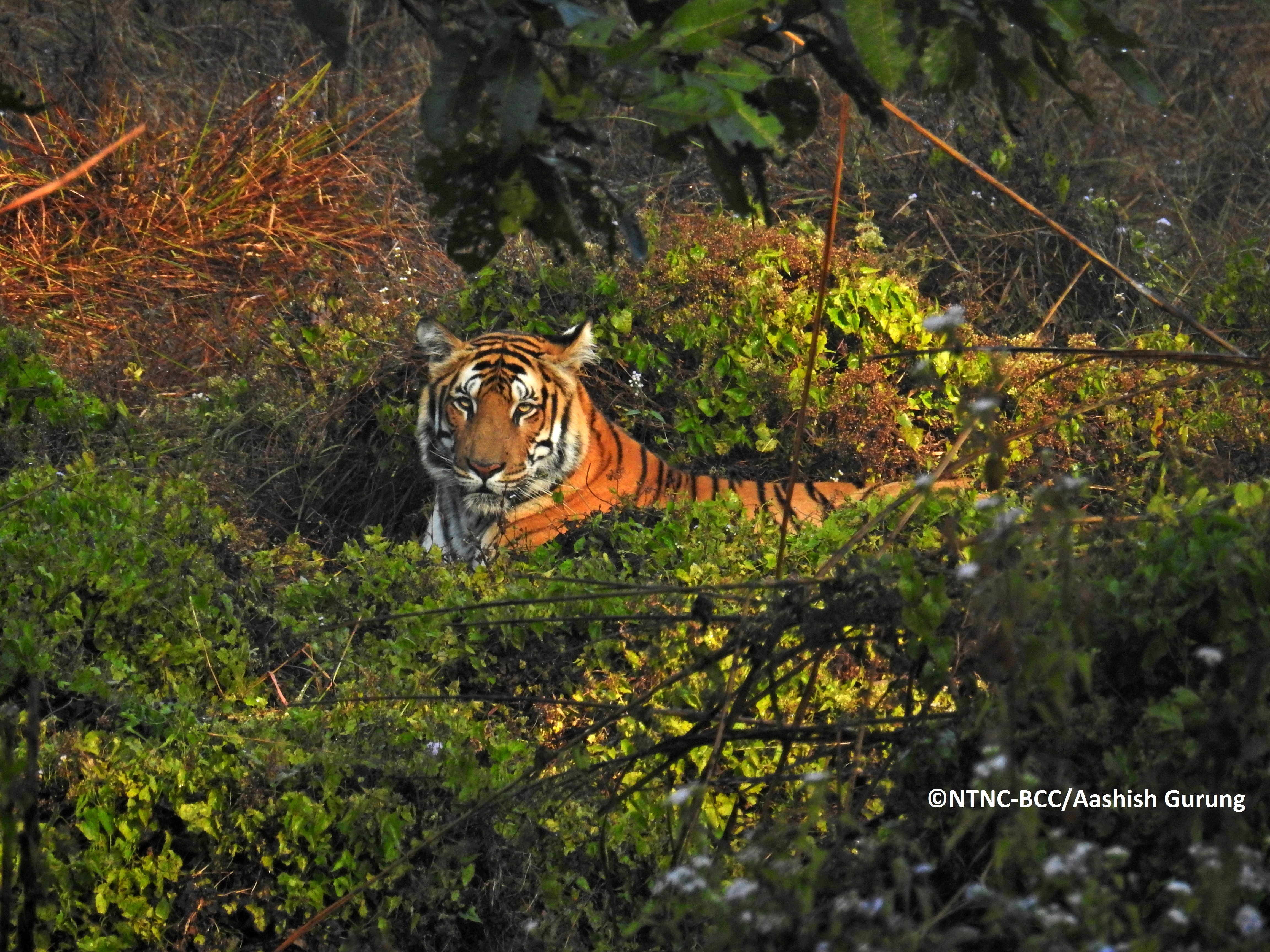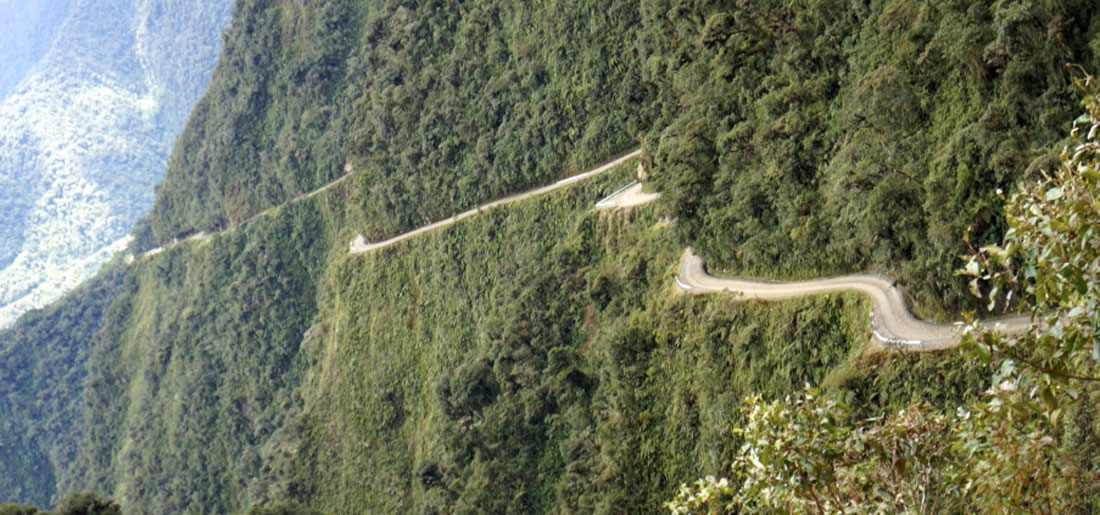Kathmandu, April 9, 2016: Humans are a restless species; we are always on the move. Ever since our primitive developments, when it was akin to scouring for food and vital for agriculture, travelling has been a hereditary trait. The birth of the tourist, a traveler whose purpose for travel is recreation and the discovery of culture, and its tremendous evolution in the last two hundred years as a fast-growing industry, has dictated the shape of our landscapes as we persistently modify nature to suit our best interests and to maximise profits. However, the onset of industrialisation and rapid urbanisation translated into a boom of advancing environmental crises that created an urgency to protect pristine nature, a growing rarity. This instinctive urgency finds its roots in biophilia, the human need for nature, as coined by Harvard biologist EO Wilson to explain our inclination towards nature travel. Biophilia suggests that our evolution within nature, and in constant interaction with other species, sparks an intrinsic drive to experience and to appreciate the unadulterated wilderness, which led to the birth of ecotourism.
Ecotourism is the purposeful travel to natural areas, as defined by the Ecotourism Society, to experience the culture and natural history of the environment without threatening or altering the integrity of the ecosystem and socio-cultural elements, but rather enhancing them and stimulating local economies by allowing for diversification. Ecotourism, which is the fastest growing sector of the tourism industry with an average annual growth rate of 20 to 30 percent, strictly adheres to minimising impact on the environment, and raising sensitivity to the host country’s sociocultural and ecological climate to inspire environmental consciousness, cultural awareness, respect and appreciation for both encountered wildlife and local inhabitants.
A successful example of ecotourism is its birthplace and pioneer, Costa Rica. Pura Vida, literally translating to “Pure Life†from Spanish, is a motto of sorts of Costa Rica, capturing the spirit of its people and their commitment to preserving and experiencing unadulterated nature. A biodiversity hotspot in Central America containing more trees per capita and per square kilometer than any country in the world, ecotourism in Costa Rica boomed in the mid-1980s and took off in the 1990s. Costa Rica resolutely conserves an impressive quarter of its entire territory and has over 160 national parks, wildlife reserves and other protected natural areas. Unlike most third world countries that focus on industrialisation and urbanisation for economic growth, Costa Rica has diverted its focus to ecotourism and sustainability. A recent study carried out by INCAE Business School in Costa Rica found that approximately half of every dollar spent by tourists engaging in ecotourism within the country remained in the local economy, while mass tourism leaves as little as 10 percent of such expenditures in local economies. The rise of ecotourism in Costa Rica over the past decade has diversified its economy, expanded its economic market and revolutionised the sector of ecotourism worldwide.

The lush Gorkha Gaun Resort is leading the way as an ecotourism destination.
Given the benefits of ecotourism as proven by Costa Rica’s tourism industry, it is high time we incorporate it into our own. For a long time, tourism in Nepal has been associated with mountaineering and trekking, which aligns with the principles of ecotourism and can be interpreted as such. However, the boom of tourism in Nepal since the first ascent of Sagarmatha in 1953, has steadily given rise to threat of environmental degradation. Evidence from Himalayan tourist spots such as the Everest Base Camp reveals the disruptive consumption and reckless littering behaviour of tourists that have given rise to environmental hazards en route. A consciousness for and possession of environmental ethics is imperative for both locals and tourists for us to truly embrace ecotourism, acknowledge its current status and potential for growth, and are determined to take learned measures to reduce our consumer footprint and to protect the pristineness of the flora and fauna we encounter.
Pushkar Shrestha from Gorkha Gaun Resort, a eco-friendly resort in Gorkha, firmly believes, “Ecotourism is a much more responsible alternate to mass tourism; it is conscientious and sensitive towards local cultures and biodiversity, supports local conservation efforts, has sustainable benefits for local communities, and includes educational aspects for both the traveler and local communities.†Commenting on Gorkha Gaun Resort’s efforts in promoting ecotourism, Shrestha shares, “One of our first efforts was to use mud and stone found in the villages to build our cottages that blended with the villages in Gorkha, to use solar energy to generate most of our electricity, to limit the use of electronics such as the TV and AC, to depend on local produce as much as possible.†Debendra Nepal of Chitlang Organic Village Resort recounts similar efforts to promote ecotourism at said resort and shares, “We depend on local produce for food and locally available materials for the maintenance of our resort. We recycle waste such as beer bottles to decorate our walls, and even utilise wastewater in our gardens and fields. We also give away uneaten food to animals at our resort.â€
On choosing to embrace ecotourism over mass tourism at Chitlang Organic Village Resort, Nepal further elaborates, “The only way to engage in sustainable tourism is to embrace ecotourism. It is more so for future generations than for ourselves that we are working so hard to preserve the pristlineness of nature.â€
Shrestha shares, “Ecotourism is about experiencing nature in a way that is careful not adversely impact the natural environment. Nepal is a country that is blessed with natural resources and beautiful landscapes that aren’t limited to the Himalayas. If we want to ensure that this charm sustains, we must consciously hold back from engaging in activities that harm natural surroundings or deplete resources.â€
Nepal is optimistic about the future of ecotourism in Nepal and confides, “It isn’t what you predict for the future but what you do for the future. It is up to us how we take responsibility and invest in our future. I firmly believe ecotourism is the tourism of the future and am optimistic about it. Our country is bestowed with natural gifts that make it even easier to transition into ecotourism. If we are careful in our consumption of natural resources and work to preserve nature and promote appreciation, our future is full of promise.â€
Although ecotourism in Nepal has been on the upswing in the last decade, there remains much work yet to be done. And as the tourism industry looks to rebuild from what has been a devastating year following the quakes the best foot forward might just be a step closer to home; one that takes the industry back to its natural roots.







